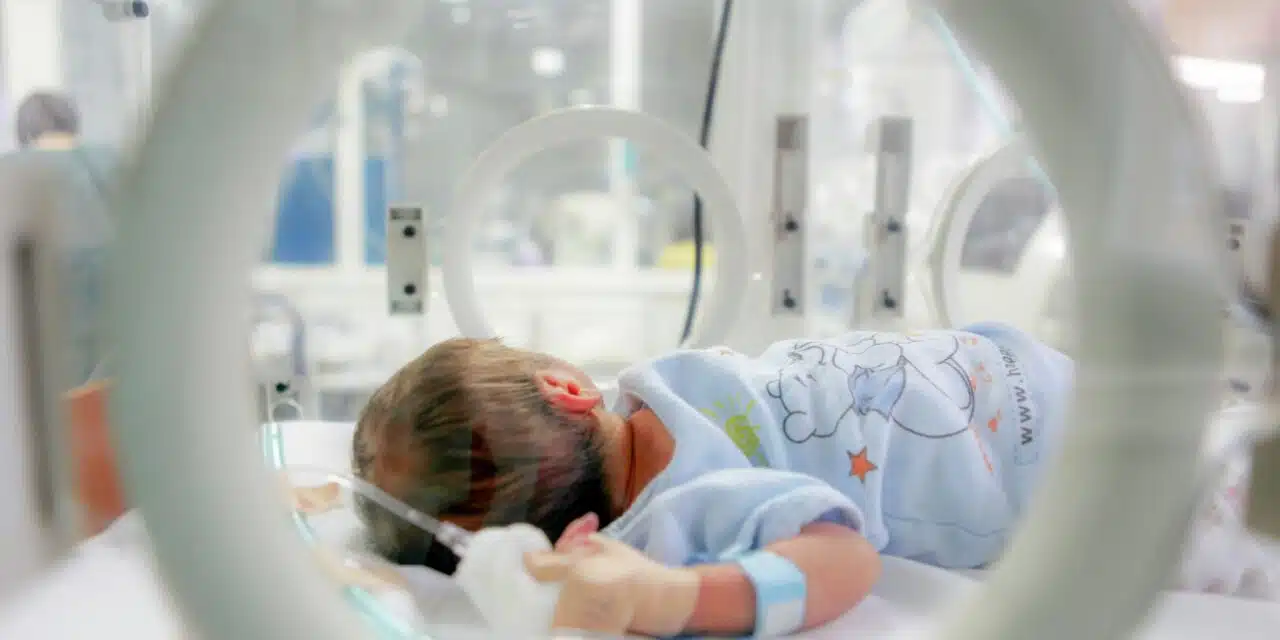Almost two years ago I wrote an article about legislation being introduced at the federal level that would pave the way for anyone in the country to access technology and “medical care” to “build a family.” This bill was called The Right to Build a Family Act of 2022. The bill was written so that no state could interfere with a person’s access to assisted reproductive technology (ART), completing an ongoing procedure using an ART, or “retaining all rights regarding the use of reproductive genetic materials, including gametes.” Further, no state could prohibit insurance providers from covering assisted reproductive technology treatments or procedures. This bill, Senate Bill S. 5276 was sponsored by Senator Tammy Duckworth [D-IL], with Patty Murray [D-WA], Tammy Baldwin [D-WI], and Kirsten Gillibrand [D-NY] serving as co-sponsors of the bill. The bill would allow (among other things):
- Couples that have no underlying fertility issues to access ART to exercise their right to build their family.
- Single people or same-sex couples would have their right to build their family enshrined in federal law.
- Couples who carry the genes for inheritable disease could create many embryos, test them, and discard the ones that carry the genetic trait.
- Babies could be gestated in artificial wombs if the woman is unable to carry a child, is inconvenienced by pregnancy, or if male couples forgo employing a surrogate mother.
- The continued storage of millions of embryos on ice, a number that continues to grow despite concern.
- Unregulated access to utilize current and future technologies (like cloning or use of synthetic egg and sperm) to create children, offering not one protection for the babies created through ART or those used in these practices (egg “donors” and surrogate mothers).
This bill still sits in committee and has not passed due to rightful objections.
At the time, in 2022, we predicted that a bill like this would create a problematic situation at the state level. “For example, if a state wants to restrict the number of embryos that can be created, will they be able to do that under this new law? Or what if a state wants to ban sex-selection IVF, can they? If a state wants to remove payment to surrogate mothers and egg “donors” to eliminate the role of coercion money plays in medical decision-making, we wonder if that would be permitted. Would state-level laws and limitations be seen as a violation of the right to build a family? It’s dangerously unclear.”
Now, two years later, after the recent Alabama’s Supreme Court Ruling on the Wrongful Death of a Minor case, this debate has heated up. While the court’s decision was to address the wrongful death of frozen embryos which had inadvertently been removed from storage and dropped, causing the embryos to be destroyed, the media, our politicians, and the fertility lobby are now saying that access to IVF is under attack and must be protected. We at the CBC Network have known all along, that in a post Dobbs era, the ethics around the embryo created for fertility purposes was going to create new problems as people must come to terms with our ethical duty and obligation to the frozen embryo. People are woefully uninformed in the U.S. about the facts of IVF. Now legislatures have used the pandemonium from Alabama’s ruling to help rekindle the Right to Build a Family Act of 2022, renaming it the Access to Family Building Act of 2024.
On her webpage, U.S. Senator Tammy Duckworth [D-IL] touts that she and Patty Murray [D-WA] and Susan Wild [D-PA-07] are:
“introducing new legislation to protect every American’s right to access in–vitro fertilization (IVF) and other assisted reproductive technology (ART) services that millions of Americans need to have children—including Senator Duckworth herself, who relied on IVF to have her two daughters. Building on the lawmakers’ previously introduced Right to Build Families Act, this new legislation would establish a statutory right to access IVF and other ART services, thereby pre-empting any state effort to limit such access and ensuring no hopeful parent—or their doctors—are punished for trying to start or grow a family.”
The language used by Senator Duckworth is emotionally charged and manipulative. While no one should be punished for a desire to have children, it is not a right of an individual or family to use any means possible to create them. This bill, like the first, is purposefully broad, allowing for interpretation and unregulated access to create and impose new rights in the areas of human cloning, gene editing and designer babies, designing human-animal chimeras, reproducing children of a deceased parent, and commodifying human embryos. All the while, furthering commercial gestational surrogacy at home and abroad, giving unregulated access to reproductive technologies to minors, abusers, and others. This bill would strip each state of statutes already in place to protect women and children from the harms of third-party reproduction and experimentation.
As one article rightly points out:
The act “pre-empt[s] any state effort to limit such access,” including common sense regulations. This means that Louisiana’s embryo protection act, Colorado’s ban on anonymous gamete donation, or Nebraska’s law that renders surrogacy-for-pay legally unenforceable would all be on the chopping block.
Do not be manipulated by this bill. IVF does not need federal protections. Do not allow a poorly understood ruling to cloud your judgment on bills that will have untold detrimental consequences. We agree with Senator Cindy Hyde- Smith, who opposed the first bill in 2022, when she stated on the Senate floor, “The bill before us today is a vast overreach that is full of poison pills that go way too far!”
Author Profile

- Kallie Fell, MS, BSN, RN, started her professional career as a scientist in the Department of Obstetrics and Gynecology at Vanderbilt University Medical Center utilizing a Master of Science degree in Animal Sciences with an emphasis on Reproductive Physiology and Molecular Biology from Purdue University. While assisting in the investigation of endometriosis and pre-term birth, Kallie simultaneously pursued a degree in nursing with hopes of working with women as a perinatal nurse. After meeting Jennifer at a conference, Kallie became interested in the work of the Center for Bioethics and Culture and started volunteering with the organization. It is obvious that Kallie is passionate about women’s health. She continues to work, as she has for the past 6 years, as a perinatal nurse and has worked with the CBC since 2018, first as a volunteer writer, then as our staff Research Associate, and now as the Executive Director. In 2021, Kallie co-directed the CBC’s newest documentary, Trans Mission: What’s the Rush to Reassign Gender? Kallie also hosts the popular podcast Venus Rising and is the Program Director for the Paul Ramsey Institute.
Latest entries
 SurrogacyApril 11, 2024Gloria’s Surrogacy Story: Road to Recovery & Warning to Others
SurrogacyApril 11, 2024Gloria’s Surrogacy Story: Road to Recovery & Warning to Others SurrogacyApril 4, 2024Gloria’s Surrogacy Story: Pregnancy & Birth
SurrogacyApril 4, 2024Gloria’s Surrogacy Story: Pregnancy & Birth #BigFertilityMarch 28, 2024Gloria’s Surrogacy Story: From Contract to Conception
#BigFertilityMarch 28, 2024Gloria’s Surrogacy Story: From Contract to Conception #BigFertilityMarch 21, 2024Gloria’s Surrogacy Story: Matchmaker, Make Me a Match
#BigFertilityMarch 21, 2024Gloria’s Surrogacy Story: Matchmaker, Make Me a Match


